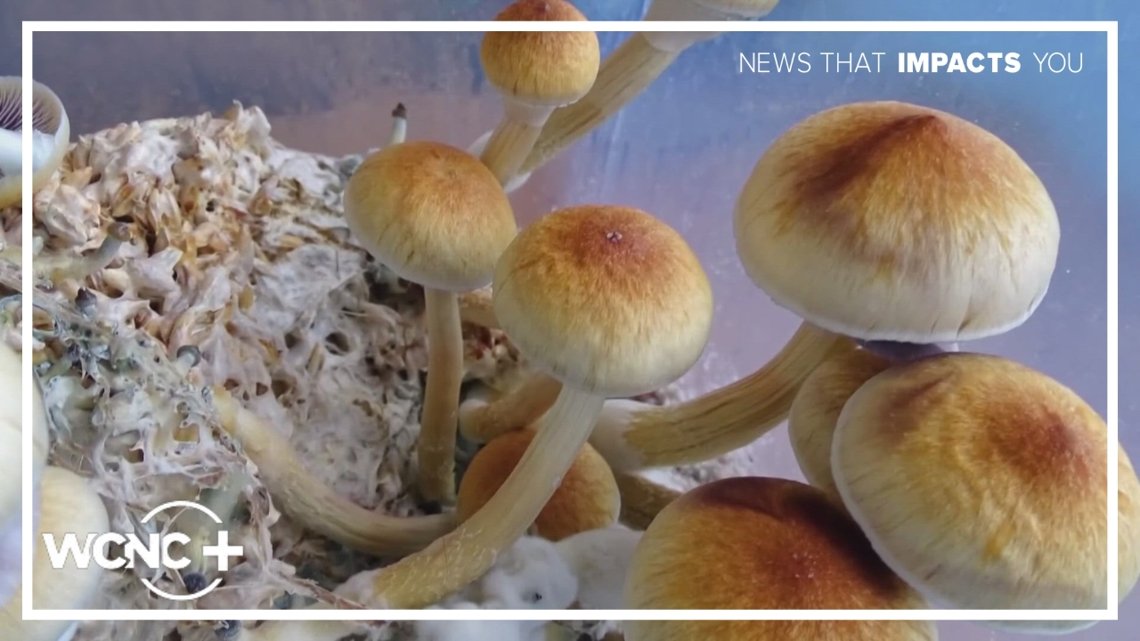The transition to motherhood can be a joyful experience, yet many new mothers face challenges, including postpartum depression (PPD). Recent developments in medication aim to alleviate the symptoms associated with this condition, providing a potential lifeline for affected women.
Postpartum depression affects approximately 15% of new mothers, manifesting in symptoms such as extreme sadness, anxiety, and fatigue that can hinder bonding with their newborns. Traditional treatments, including therapy and standard antidepressants, are not always effective for everyone, leading to the need for alternative solutions.
Researchers have been working on a new medication specifically designed to address PPD. Initial clinical trials indicate that this medication can reduce depressive symptoms in new mothers by up to 60% within a few weeks of starting treatment. This is a significant improvement compared to conventional antidepressants, which typically take several weeks to show effects and may not work for all patients.
The new medication targets specific neurochemical pathways involved in mood regulation, differing from traditional antidepressants that often work on a broader range of neurotransmitters. This targeted approach appears to yield quicker results, offering hope to mothers who may be struggling during a critical time in their lives.
In addition to pharmaceutical interventions, support systems play an essential role in recovery from postpartum depression. Healthcare professionals emphasize the importance of combining medication with therapy and community support. Programs that facilitate peer support groups for new mothers have shown to enhance treatment outcomes, with participants reporting increased feelings of connectedness and reduced symptoms.
As discussions surrounding maternal mental health continue to gain traction, the introduction of this new medication could be a game-changer. By focusing on the unique challenges faced by new mothers, healthcare providers can better tailor treatments to meet their needs, ultimately leading to improved wellbeing for both mothers and their infants.
In summary, while the first months of motherhood can be magical for some, many new mothers experience postpartum depression. The advent of new, targeted medications offers promising results in managing this condition, highlighting the need for comprehensive approaches that include both medication and support for women during this critical time.



